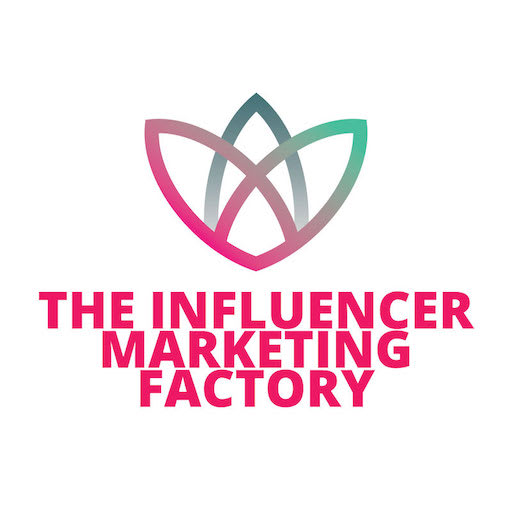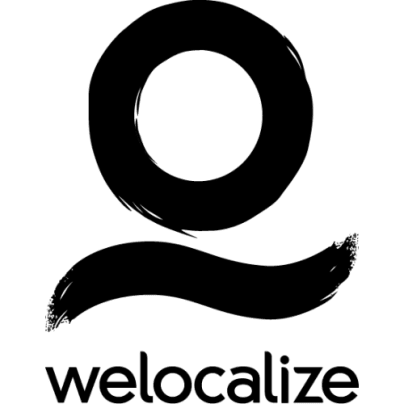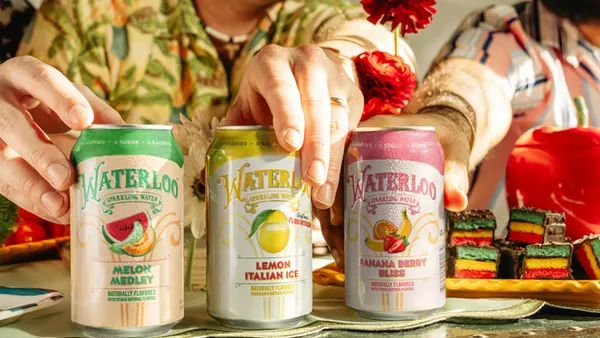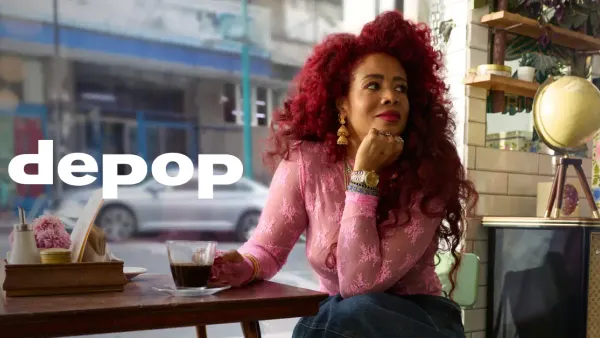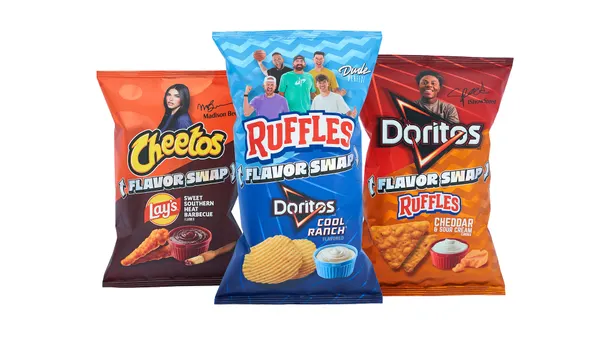Dive Brief:
- Unilever today (March 28) unveiled the Unilever Trusted Publishers network as it ramps up a fight to combat online ad fraud, per details shared with Marketing Dive. The company's CMO Keith Weed will speak on the issue during a talk today at the WFA Global Marketer Week conference in Lisbon, Portugal.
- The Trusted Publishers network spans across digital publishers and platforms at the global, regional and local level, with stringent vetting criteria that reach beyond Unilever's existing "3Vs" standards of achieving viewability, verification and brand value. The Trusted Publishers network will additionally impose strict expectations around ad fraud, ad formatting, brand safety, traffic quality, data access and more, according to the CPG giant.
- The initiative is part of the Responsibility Framework that Unilever debuted in February last year. The publisher network looks to address research that shows click fraud siphons off more than $20 million per month toward bad actors and that bots can in some cases command up to 90% of clicks for online ad campaigns. A list of publishers featured in the network at launch was not shared.
Dive Insight:
In the wake of growing concerns around brand safety, ad fraud and an uptick in false or sensational news shared online, more marketers have made concentrated efforts to tailor blacklists and whitelists that ensure their ads are placed in safe, viewable environments. Unilever's launch of Trusted Publishers evolves the concept a step further to become a more central, guiding aspect of the marketer's business overall. The CPG giant signaling that it plans to eventually direct most of its digital ad budgets through the network is significant, as Unilever is one of the largest advertisers by media spend in the world.
"Online advertising credibility is still a global, industry-wide problem and as the world's second largest advertiser, we have a responsibility to use our scale and influence to address this issue," Weed said in a statement shared in the release. "The Unilever Trusted Publishers will add more rigour to how Unilever advertises online."
For Unilever, which also owns brands like Dove, Lipton and Axe, the move intends to strengthen positioning as the marketer attempts to center more of its business around purpose-led marketing that addresses bigger issues than selling products and services. Names included in the Trusted Publishers network are not being shared as a way to preserve a competitive advantage for Unilever, a spokesperson for the company told Marketing Dive via email.
The news continues Unilever's push to more directly tackle transparency issues in the digital ad space, such as through the Responsibility Framework that pledges the company will not advertise on platforms that harm children or support hateful, divisive content. Unilever, through leaders like Weed, has previously taken major players like Facebook and Google to task for their role in facilitating non-brand safe environments and contributing to the "swamp" state of digital media.
Facebook and Google properties like YouTube have continued to be embroiled in controversy in regards to how they handle everything from data privacy to content policing. Several large marketers, like Disney and Nestlé, recently froze their YouTube spending in response to a video calling out pedophilia-linked activity on the site. Facebook also continues to weather harsh scrutiny into its data-sharing practices, including through a federal criminal probe that's reportedly entangled smartphone and device makers.
The Trusted Publishers network's standards expanding beyond Unilever's existing 3Vs benchmarks to encompass areas like data access might anticipate the larger influence regulations are having on the industry. On top of existing rules, such as the EU's GDPR, there are a slew of proposed state-level privacy bills being considered at the moment, many of which follow the CCPA law set to go into effect in California next year. While these developments have raised concerns among many marketers, Unilever execs have previously signaled they view some regulation as a healthy development.
"I've certainly found in Europe that GDPR has been a really positive step," Weed, who plans to retire in May, said on a panel at CES. "As we go forward, industry proactively working with governments is the way."






